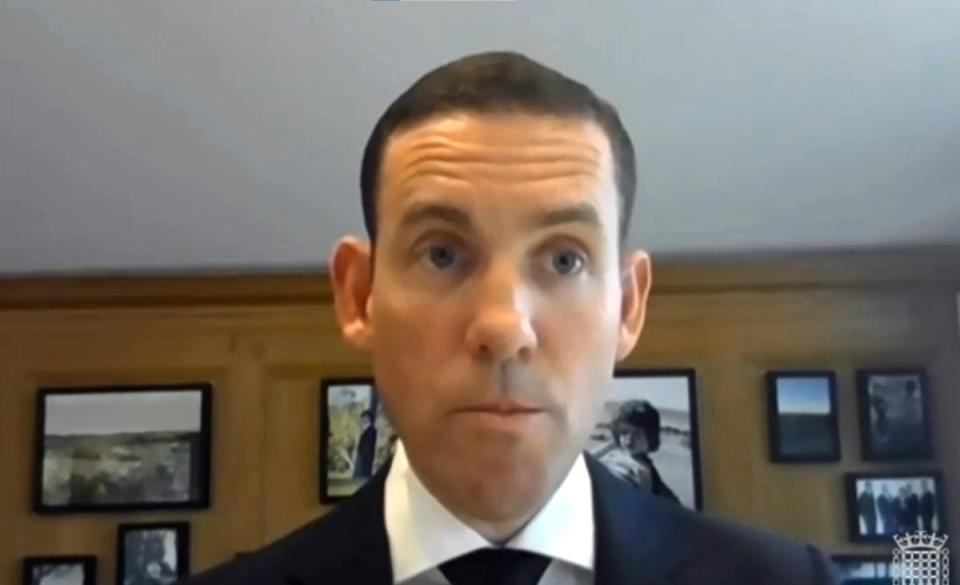David Cameron dodges questions about how much he was paid by Greensill Capital
David Cameron has denied he was paid £10m by the collapsed financial firm Greensill Capital, but has refused to say how much he was paid by the scandal-hit company.
In a painstaking exchange, the foreign secretary declined to answer a barrage of interview questions on how much he had earned lobbying for the company.
The Greensill scandal saw the exposure of Lord Cameron’s aggressive lobbying efforts on behalf of Greensill Capital during the pandemic.

He has previously faced questions about his relationship with financier Lex Greensill, who set up the now-defunct firm, and his extraordinary access to ministers and officials after leaving No 10.
Asked about the alleged £10m payment, he told the BBC’s Sunday with Laura Kuenssberg: “No, that isn’t true.”
Lord Cameron tried to deflect the question by talking about his work on behalf of Alzheimer’s Research UK, and declined to set the record straight by revealing how much he had been paid for his lobbying for Greensill.
He said: “Because I was a private citizen, I had a number of different interests – the things I did, including important charitable work – and I think, as a private citizen, you’re entitled to do that.”
After persistent questioning by Laura Kuenssberg, he repeated that he was a “private citizen” and insisted he had declared his interests since returning to government.

The lobbying scandal that surrounded Lord Cameron’s work for Greensill sparked a series of inquiries at Westminster. And Greensill’s failure was estimated by a parliamentary inquiry in 2021 to have cost taxpayers up to £5bn – though the final burden borne by the taxpayer is not yet known.
The former prime minister insisted he had broken no rules on behalf of the company, but admitted he should have communicated with the government through “formal channels” rather than via text and WhatsApp.
Lord Cameron repeatedly attempted to secure access to a government-backed Covid loan scheme for Greensill. He and his staff sent ministers and officials around 73 increasingly desperate emails, texts and WhatsApp messages relating to the collapsed firm in under four months. He claimed it was “nuts” and “bonkers” for the firm to be denied the loans.
A parliamentary investigation found that Lord Cameron had shown a “significant lack of judgement” over the lobbying saga.


